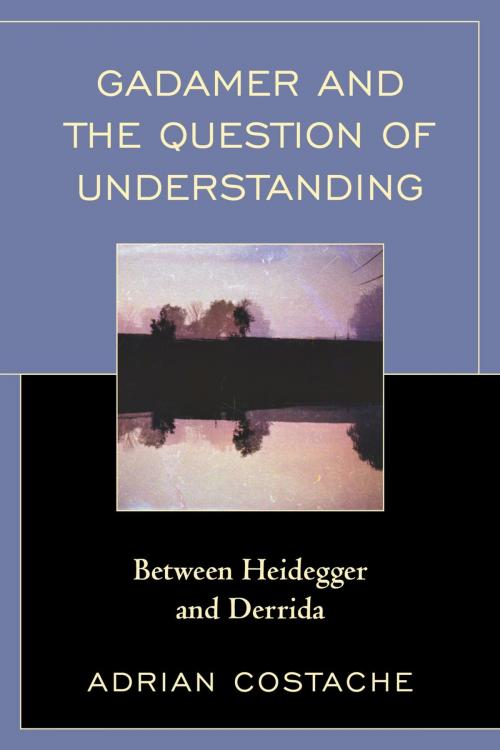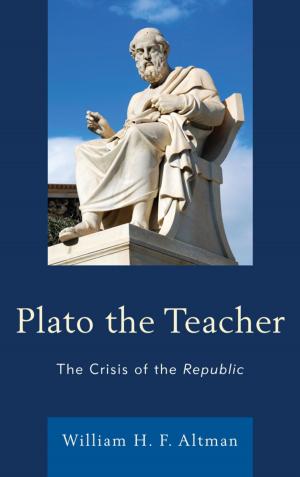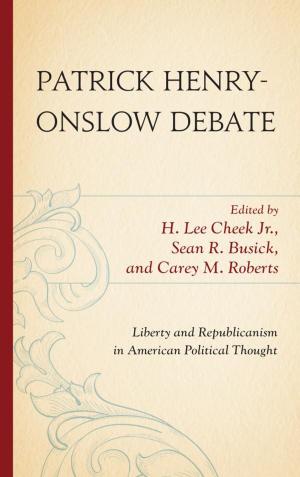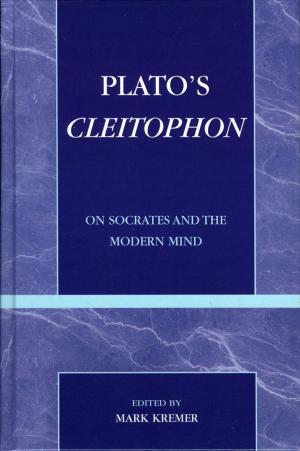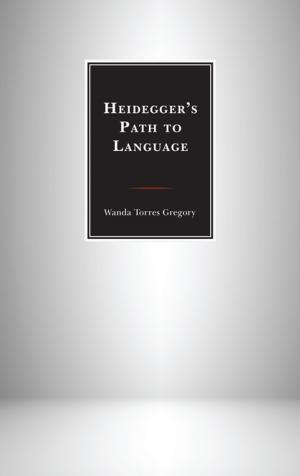Gadamer and the Question of Understanding
Between Heidegger and Derrida
Nonfiction, Religion & Spirituality, Philosophy| Author: | Adrian Costache | ISBN: | 9780739185025 |
| Publisher: | Lexington Books | Publication: | February 24, 2016 |
| Imprint: | Lexington Books | Language: | English |
| Author: | Adrian Costache |
| ISBN: | 9780739185025 |
| Publisher: | Lexington Books |
| Publication: | February 24, 2016 |
| Imprint: | Lexington Books |
| Language: | English |
Truth and Method, and the works of those following him as footnotes to it.
Gadamer and the Question of Understanding: Between Heidegger and Derrida dismantles this paradox by showing, on the one hand, that Gadamer’s translation of Heidegger involved, as he himself says, a series of “essential alterations” to the original which make philosophical hermeneutics a more coherent and better articulated hermeneutic theory, one offering a more faithful description of the phenomenon of understanding than Heidegger’s. And, on the other hand, by taking the dossier of the famous encounter between Gadamer and Derrida as its cue, Adrian Costache demonstrates that in light of Derrida’s deconstruction, every step Gadamer takes forward from Heidegger as well as from Schleiermacher and Dilthey—however necessary--is problematic in itself.
The insights in this book will be valuable to students and scholars interested in modern and contemporary European philosophy, especially those focusing on philosophical hermeneutics and deconstruction, as well as those working in social sciences that have incorporated a hermeneutic approach to their investigations, such as pedagogy, sociology, psychotherapy, law, and nursing.
Truth and Method, and the works of those following him as footnotes to it.
Gadamer and the Question of Understanding: Between Heidegger and Derrida dismantles this paradox by showing, on the one hand, that Gadamer’s translation of Heidegger involved, as he himself says, a series of “essential alterations” to the original which make philosophical hermeneutics a more coherent and better articulated hermeneutic theory, one offering a more faithful description of the phenomenon of understanding than Heidegger’s. And, on the other hand, by taking the dossier of the famous encounter between Gadamer and Derrida as its cue, Adrian Costache demonstrates that in light of Derrida’s deconstruction, every step Gadamer takes forward from Heidegger as well as from Schleiermacher and Dilthey—however necessary--is problematic in itself.
The insights in this book will be valuable to students and scholars interested in modern and contemporary European philosophy, especially those focusing on philosophical hermeneutics and deconstruction, as well as those working in social sciences that have incorporated a hermeneutic approach to their investigations, such as pedagogy, sociology, psychotherapy, law, and nursing.
